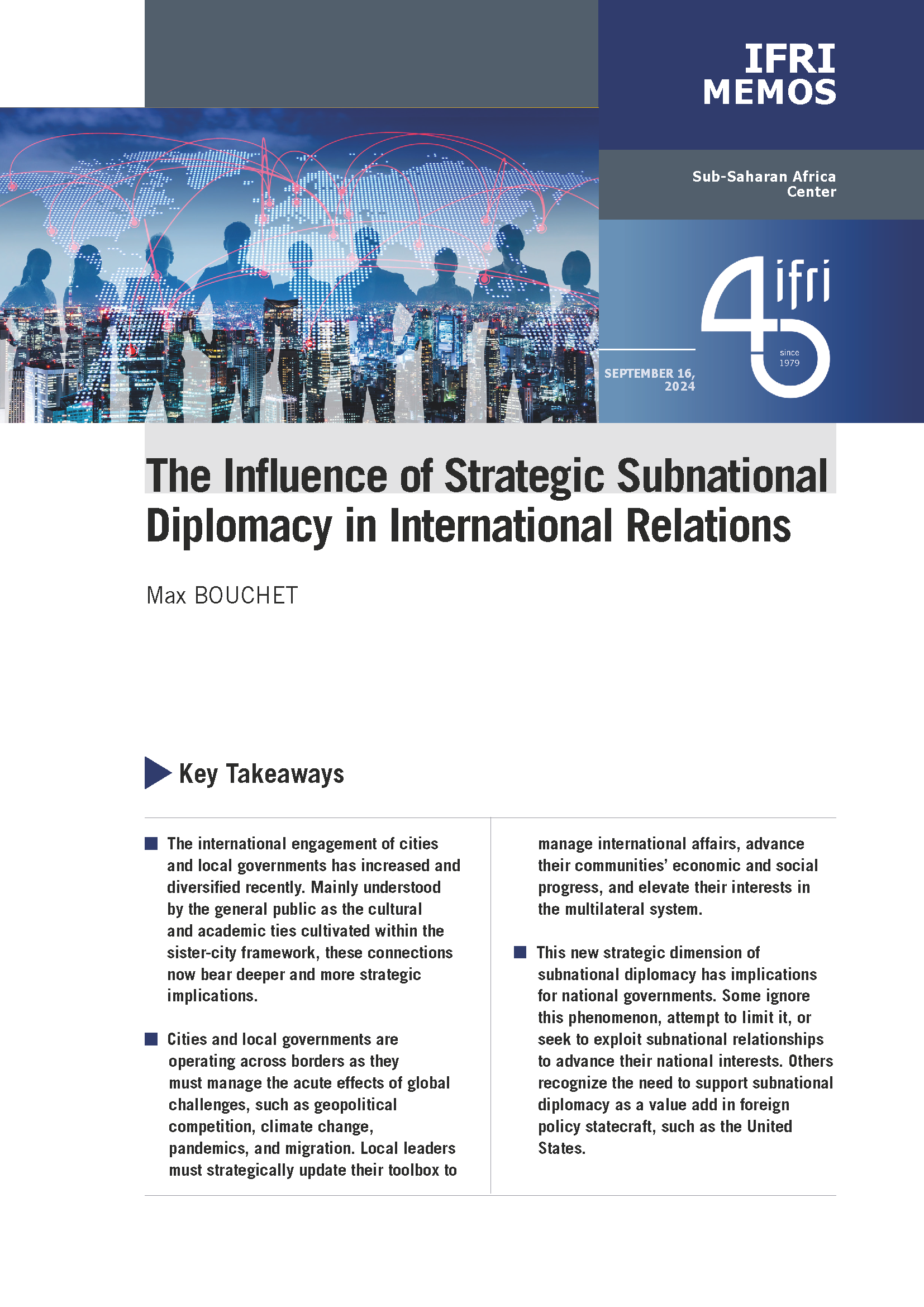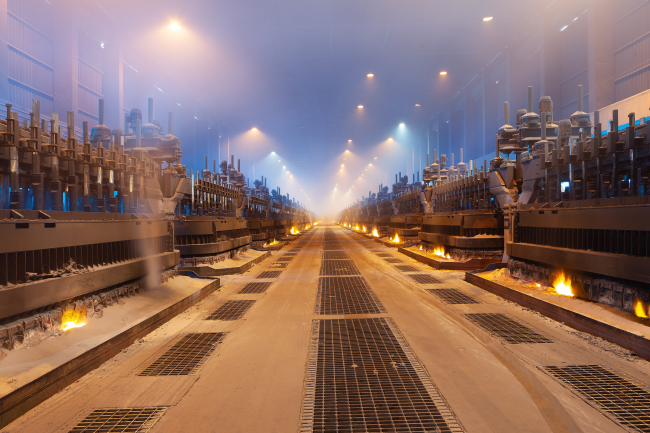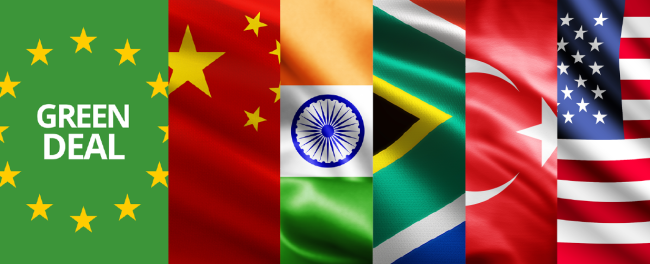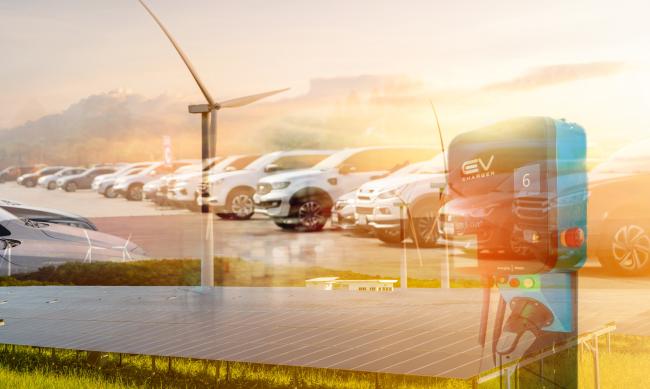Who Needs OPEC - Russia steps up to the Plate ?

News that Conoco will sell off a significant portion of its Russian holdings is couched in terms of various corporate strategies that make all this perfectly normal. Conoco is said to need cash and will anyway have a 10% share remaining in Lukoil that will provide them some degree of influence in corporate decisions.
So we reach the end of the first phase of Western company ventures into Russia’s oil and gas upstream. Looking back over the years from the heady days when you could meet your oil-patch friends in passing at Shermetevo airport. A lot has changed since. Hopes of liberalizing markets have faded as President Putin replaced a failing Boris Yeltsin at the helm and has wrested control of Russia’s oil and gas sector back from the oligarchs - gradually turning control over to a different set of “oligarchs” in the Kremlin.
All the early pioneers have been touched. The PSAs - found offensive by Russian authorities - have all been clawed back or restored to Russian state control. Gazprom and Transneft have been fortified in their monopoly position in law and in practice. Rosneft, has risen from the ashes under the leadership of Bogdanchikov at its helm and Sechin in the Kremlin and is now a major player in oil and gas, even becoming a strategic counterbalance to Gazprom.
No one can dispute that the privatization of Russia’s oil sector was a disaster. Backroom deals saw a huge Russian national asset sold off in shady deals to people in the right places - making overnight billionaires of obscure individuals. The Russian people had been robbed.
President Putin set out to ensure that this did not happen in gas and to restore a bit of order in the oil patch. Obviously Yukos was the necessary example for other oligarchs who might still aspire to political agendas - and the message lingers.
So all is well and good with the reassertion of the State over the national oil and gas patrimony and more tax revenues from oil and gas are flowing into the national budget. But how far does this all have to go? How much control is enough control? And how effective really is this new State control over oil and gas monopolies when it is used as a tool in managing Russia’s various foreign policy priorities - in the near abroad, in the Baltic states, Caucasus and even in Europe?
The Russian people run again the risk that their national patrimony is not being well managed or is being used for other purposes. Who but the Chinese are prepared to run the risk of investing in Russia’s upstream oil or gas? Not even Russians. Oil production from brown-fields is necessarily in decline. Green-fields are harsh and need special conditions to be profitable. Only Sechin’s direct interventions led to last year’s better results from Rosneft’s Vankor fields and some ephemeral relief from taxation in East Siberia. Putin’s recent charm offensive to attract foreign investors rings hollow.
Russia’s next gas green-fields are serious challenges - expensive, risky and remote. Investment conditions are not right for private capital. Russia will not be able to meet growing European gas demand unless it mines overlooked gas availabilities in flaring, efficiency, independent producers, etc. But it has been unwilling to do this.
So while OPEC producers recently contemplated whether to adjust their quotas to safeguard the current “wonderful consensus price”, they can rest assured that Russia will contribute to lower supplies of both oil and natural gas liquids as decline continues in both. Just like Venezuela, Indonesia, Iran, Iraq, etc. have over the last decade contributed to lower oil and gas availability through an environment hostile to investment, Russia is stepping up to the plate to do its part.

Also available in:
Regions and themes
Share
Related centers and programs
Discover our other research centers and programsFind out more
Discover all our analysesThe Aluminum Value Chain: A Key Component of Europe’s Strategic Autonomy and Carbon Neutrality
The United States of America (US), Canada and the European Union (EU) all now consider aluminum as strategic. This metal is indeed increasingly used, especially for the energy transition, be it for electric vehicles (EVs), electricity grids, wind turbines or solar panels.
The EU Green Deal External Impacts: Views from China, India, South Africa, Türkiye and the United States
Ahead of June 2024 European elections and against the backdrop of growing geopolitical and geoeconomic frictions, if not tensions, between the EU and some of its largest trade partners, not least based on the external impacts of the European Green Deal (EGD), Ifri chose to collect views and analyses from leading experts from China, India, South Africa, Türkiye and the United States of America (US) on how they assess bilateral relations in the field of energy and climate, and what issues and opportunities they envisage going forward.
Electric Vehicles: A Strong and Still Understated Performance
Electric vehicles (EVs) are better for the climate – even in worst-case scenarios. Across its life cycle, a typical European electric car produces less greenhouse gas (GHG) and air pollutants or noise than its petrol or diesel equivalent. Emissions are usually higher in the production phase, but these are more than offset over time by lower emissions in the use phase. According to the European Environment Agency’s report on electric vehicles, life cycle GHG emissions of EVs are about 17-30% lower than those of petrol and diesel cars.
How Can the Green Deal Adapt to a Brutal World?
The European Green Deal has not been planned for the current extraordinarily deteriorated internal and external environment. Russia’s war in Ukraine, higher interest rates, inflation, strained public finances, weakened value chains, and lack of crucial skills pose unprecedented challenges.












